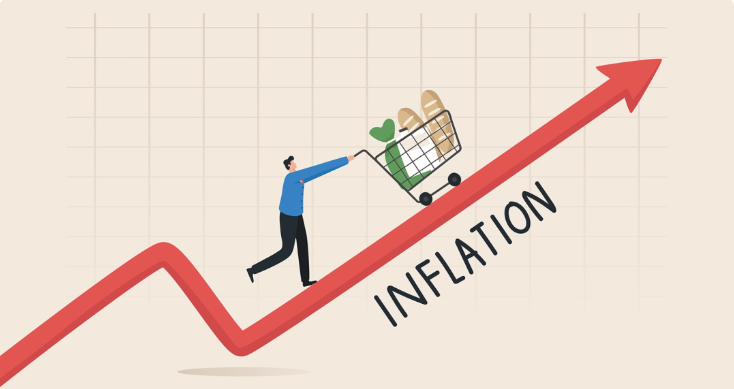How Inflation Affects Your Business and Personal Finances
Inflation is one of those economic buzzwords we hear often, but few people stop to think about how deeply it affects both businesses and personal finances. Simply put, inflation is the rise in the cost of goods and services over time. When prices go up, your money doesn’t stretch as far and if you’re not prepared, the impact can be significant.
Let’s break down how inflation influences your financial life and what you can do about it.
How Inflation Affects Your Business
1. Higher Operating Costs
From raw materials to utilities and wages, inflation drives up the cost of running a business. If you don’t adjust pricing or find efficiencies, your profit margins shrink.
2. Increased Employee Expectations
Employees feel the pinch of rising living costs, which often leads to demands for higher wages. This can put additional pressure on small and medium-sized businesses.
3. Pricing Challenges
Raising prices too quickly may scare off customers, but not raising them at all may erode profitability. Businesses must find a balance between competitiveness and survival.
4. Supply Chain Pressures
Inflation can disrupt supply chains, making imported goods more expensive. Small businesses that rely on imports are especially vulnerable.
5. Reduced Access to Credit
Central banks often raise interest rates to combat inflation, making borrowing more expensive. This can slow business expansion plans and make debt more costly.
How Inflation Affects Your Personal Finances 👛
1. Reduced Purchasing Power
Everyday expenses—groceries, fuel, rent—become more expensive, leaving less room in your budget for savings or leisure.
2. Higher Borrowing Costs
If you’re planning to take out a mortgage, car loan, or business loan, expect higher interest rates, which increase the total cost of borrowing.
3. Impact on Savings
Money sitting in a regular savings account loses value during inflationary periods. For example, if inflation is 6% and your savings account yields 1%, you’re effectively losing 5% in purchasing power.
4. Investment Volatility
Stocks, bonds, and real estate often respond to inflation differently. For instance, real assets like property may rise in value, while bonds may lose attractiveness due to higher interest rates.
5. Retirement Planning Risks: How Inflation Affects Your Business and Personal Finances
Inflation eats into the future value of your savings. Without proper adjustments, you may find your retirement nest egg insufficient to cover expenses later in life.
What You Can Do to Protect Yourself
✅ For Your Business:
-
Regularly review and adjust pricing strategies.
-
Streamline operations to cut unnecessary costs.
-
Consider renegotiating supplier contracts.
-
Diversify revenue streams to stay resilient.
✅ For Your Personal Finances:
-
Invest in assets that tend to outpace inflation (stocks, real estate, inflation-protected bonds).
-
Avoid holding too much cash long-term.
-
Build a strong emergency fund to cushion rising costs.
-
Focus on skills and career development to stay competitive in the job market.
Final Thoughts on How Inflation Affects Your Business and Personal Finances
Inflation affects everyone, but entrepreneurs feel it twice once in their business and again in their personal lives. While you can’t control inflation, you can control how you prepare for it. By adjusting your strategies, making smart financial decisions, and staying proactive, you’ll be in a stronger position to weather inflation’s impact and even turn it to your advantage.


